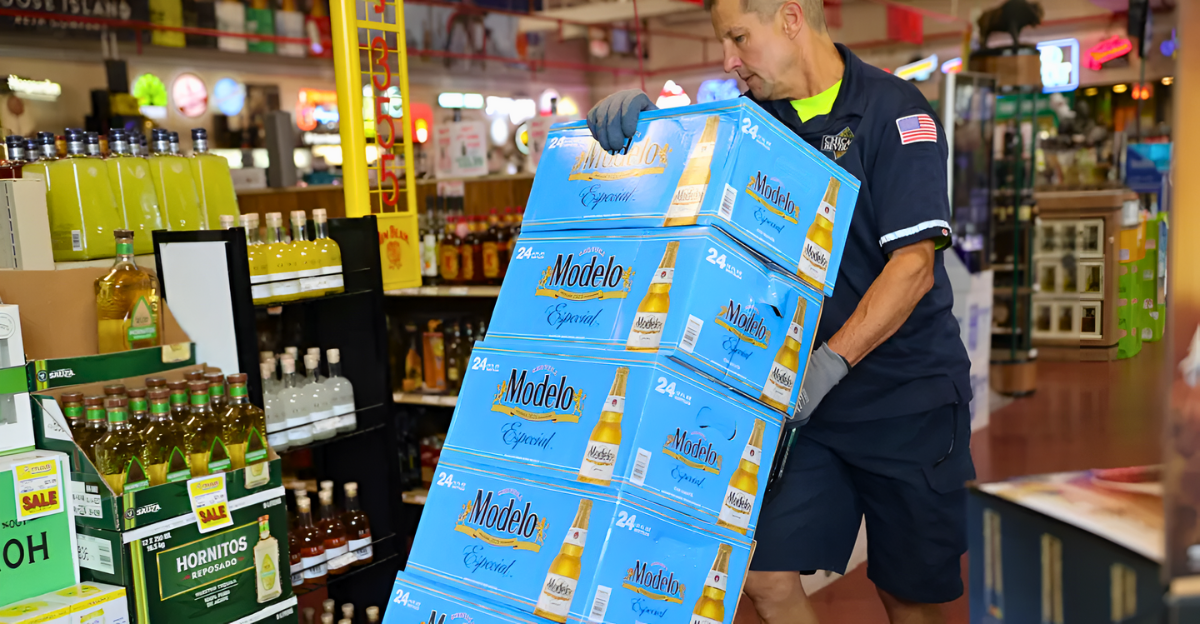
The nation’s best-selling beer, Modelo, has been directly and severely impacted economically by the recent Immigration and Customs Enforcement (ICE) crackdown in the United States. Sales of Modelo, which is owned by Constellation Brands, have dropped by about 2% to 4% nationally, resulting in a $200 million loss in projected free cash flow for the current fiscal year.
About half of Modelo’s US sales are Hispanic, and this decline is primarily due to their fear, which results in fewer occasions for consumption and fewer trips to the store. Hispanic communities experience a “chilling effect” as a result of the crackdown, which deters the social gatherings and buying habits that normally fuel Modelo’s sales. Constellation Brands has been forced to lower its fiscal outlook due to a combination of pressures from immigration enforcement policies, increased aluminum can tariffs, and more general macroeconomic issues.
The Background of ICE Crackdowns in History
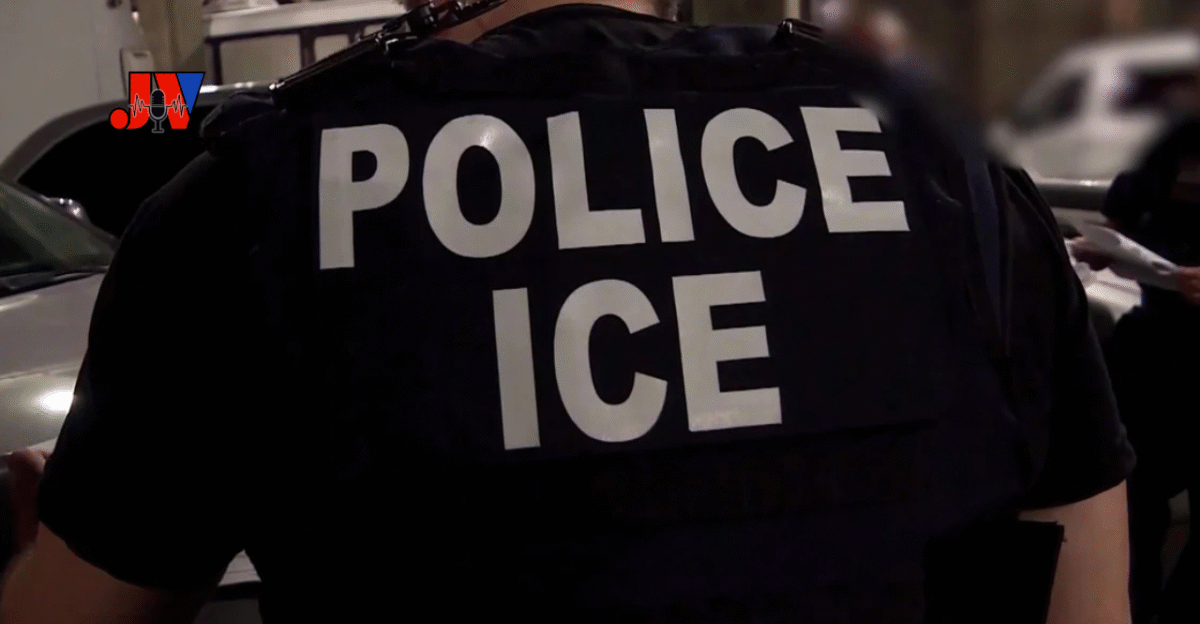
Although undocumented immigrants have historically been the target of immigration enforcement through ICE raids, the Trump administration’s stepped-up efforts since his reelection have increased the scope and level of anxiety surrounding these operations.
More than 100,000 people have been arrested since the beginning of 2025, mostly in major Hispanic areas like Texas, Los Angeles, and Southern California. These neighborhoods, which have long been important to Modelo’s customer base, have seen protests and general anxiety compared to a “lockdown,” essentially halting social and commercial activities, such as gatherings for beer consumption and trips to buy alcohol.
Changes in Hispanic Consumer Behavior

In reaction to the crackdown, Hispanic customers, who are crucial to Modelo’s market dominance, have drastically changed their behavior. Fearing ICE raids and mandatory identity checks, many report fewer social events, less eating out, and fewer trips to buy alcohol.
According to surveys, 75% of Hispanic consumers eat out less frequently, which directly lowers the number of times Modelo beer is drunk in public or social settings. Concerns about possible deportations and their secondary effects on mixed-status families are the cause of this shift, which lowers demand for goods associated with these groups.
Implications for Modelo’s Economy

There are noticeable effects on the economy from the reduced consumption. Constellation Brands’ stock price dropped 7% as a result of Modelo’s revenue falling short of expectations following the company’s lowering of earnings estimates.
Beer shipments in the impacted states fell sharply, and sales volumes fell by more than 3%. The $200 million hit to free cash flow highlights how crucial Modelo depends on a stable Hispanic market, which has been disrupted by immigration enforcement. Additionally, by increasing the cost of packaging production, aluminum tariffs, which were raised to 50% for foreign imports, have made financial strains worse.
Macrotrends and the Effect of Inflation

In addition to ICE crackdowns, more general macroeconomic problems like inflation and erratic consumer spending also have an impact on Modelo’s sales. Customers are cutting back on their shopping trips and discretionary spending, including alcohol, as a result of growing prices and economic uncertainty.
Modelo’s difficulties this year are exacerbated by the combination of inflation and the enforcement of immigration laws, which creates a perfect storm that unfairly burdens businesses that depend on vulnerable demographic groups.
Impact on the Industry and Competitors

Modelo is not the only one dealing with these demands. For comparable reasons, other beverage companies and brands with sizable Hispanic customer bases, like Coca-Cola, have reported drops in sales in their North American markets.
There has also been a decline in the foot traffic of Hispanic customers to stores like Home Depot and Walgreens. This pattern indicates wider market ramifications beyond the alcohol sector and points to a systemic chilling effect on consumer spending that is directly related to immigration enforcement.
Impact on Consumers on a Social and Psychological Level

Beyond economics, ICE raids create a socio-psychological dimension through instilling fear. Residents of Latino communities report a “Covid-style shutdown” of public gatherings and social events, with people avoiding liquor stores, restaurants, and supermarkets. Since Modelo’s product thrives on cultural and social occasions, this widespread fear severely hurts their sales by preventing everyday social rituals associated with alcohol consumption and communal experiences.
In order to protect themselves from raids, Hispanic consumers are increasingly choosing online shopping and delivery services over in-store visits, according to new market research from 2025. This shift in behavior decreases impulsive purchases, particularly for consumables like alcohol, which makes Modelo’s sales problems worse because many customers avoid the usual social gatherings where beer is consumed.
Divergent Views and Wider Discussion
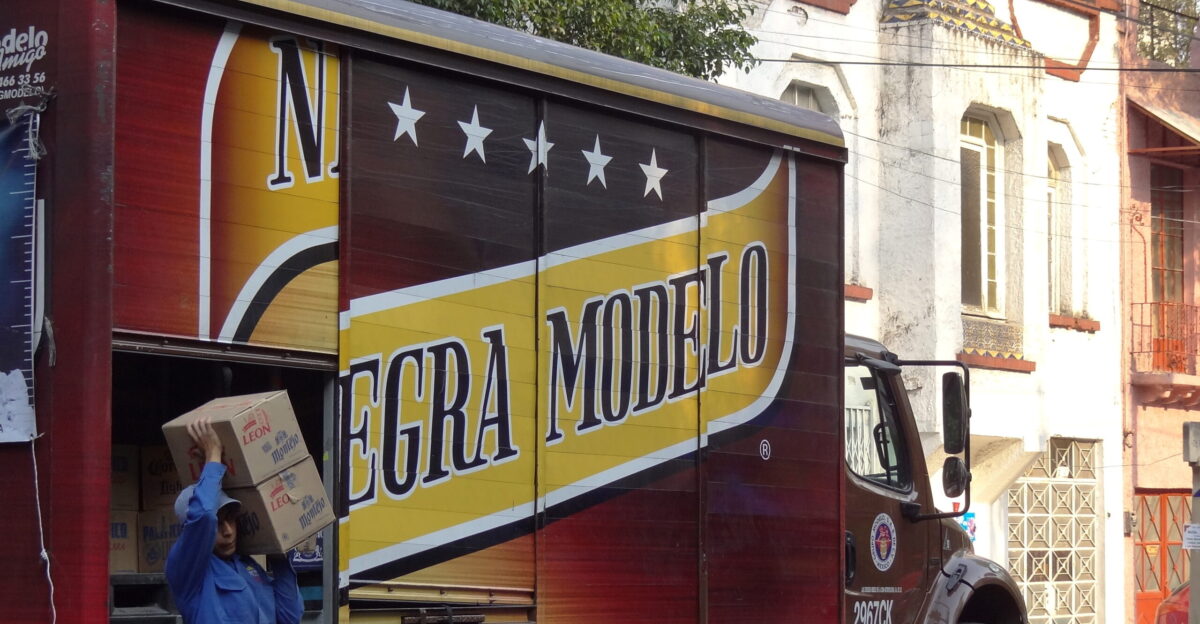
The Modelo case highlights the unforeseen economic repercussions for companies that rely on immigrant communities, despite detractors’ claims that stringent immigration enforcement is required for safety and law and order. The debate about striking a balance between national sovereignty and economic inclusion is fueled by the conflict between market realities and political enforcement goals.
Because of the substantial latent economic harm that enforcement-induced fear causes, some business leaders support policy reform. A viewpoint that is becoming more and more popular among economists and community advocates alike is the call for nuanced immigration policies that prioritize humane treatment, safeguard markets and communities, and incorporate economic impact assessments into enforcement planning.
Possible Remedies and Tactics

Companies like Constellation Brands could address these issues by broadening their consumer outreach beyond Hispanic markets, increasing interaction with non-Hispanic groups, and developing products that appeal to a wider range of consumers in order to reduce their reliance on a single group.
Government-backed initiatives like grants or tax breaks to help companies affected by enforcement-related anxiety could help make up for losses and increase community trust. It is essential that community organizations, corporate social responsibility initiatives, and public policy work together. Companies that invest in local social programs in addition to supporting immigration reforms may reduce anxiety and promote economic recovery. A framework for immigration that strikes a balance between enforcement and social and financial inclusion is necessary for longer-term stability.
The Effect of the ICE Crackdown on Labor Markets
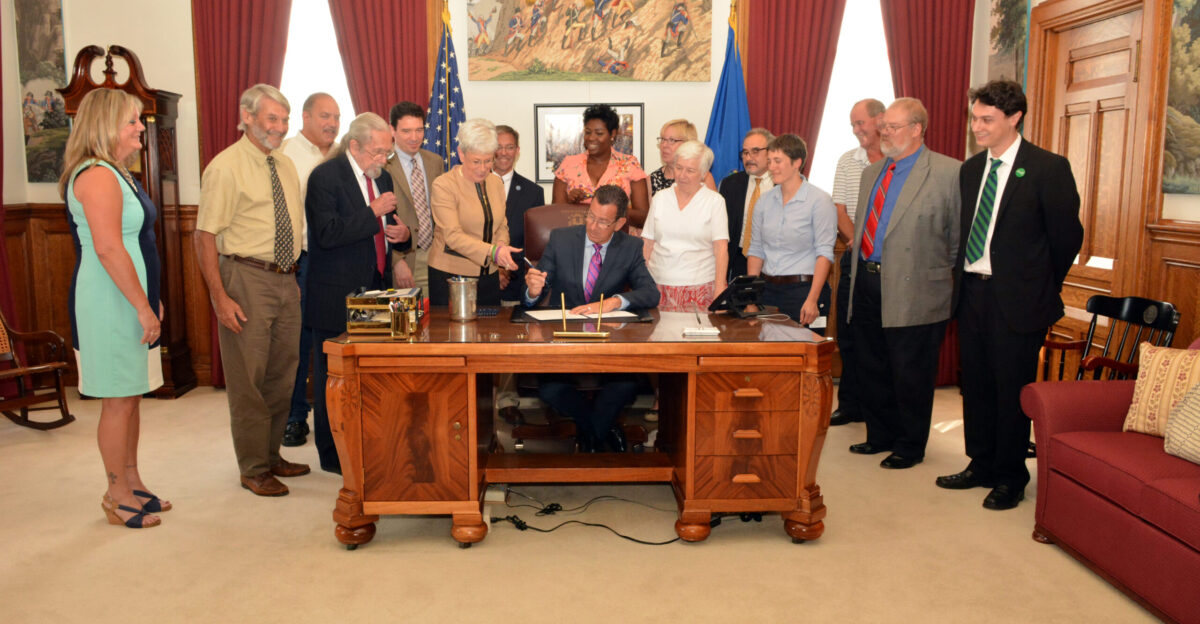
The ICE crackdown is upsetting labor markets that are essential to many industries, including retail, food service, hospitality, and agriculture, where undocumented and Hispanic workers are the backbone. Unexpected labor shortages affect consumer brands like Modelo directly by lowering incomes and job stability, which in turn reduces household spending.
Reduced worker availability puts additional pressure on companies already dealing with declines in retail consumption by straining supply chains and raising operating costs. Similar to findings in labor market reports from 2025, the interaction of consumer spending and labor enforcement creates a feedback loop that exacerbates Modelo’s sales decline and wider economic slowdowns in areas dependent on immigrants.
Historical Parallels to Other Waves of Enforcement
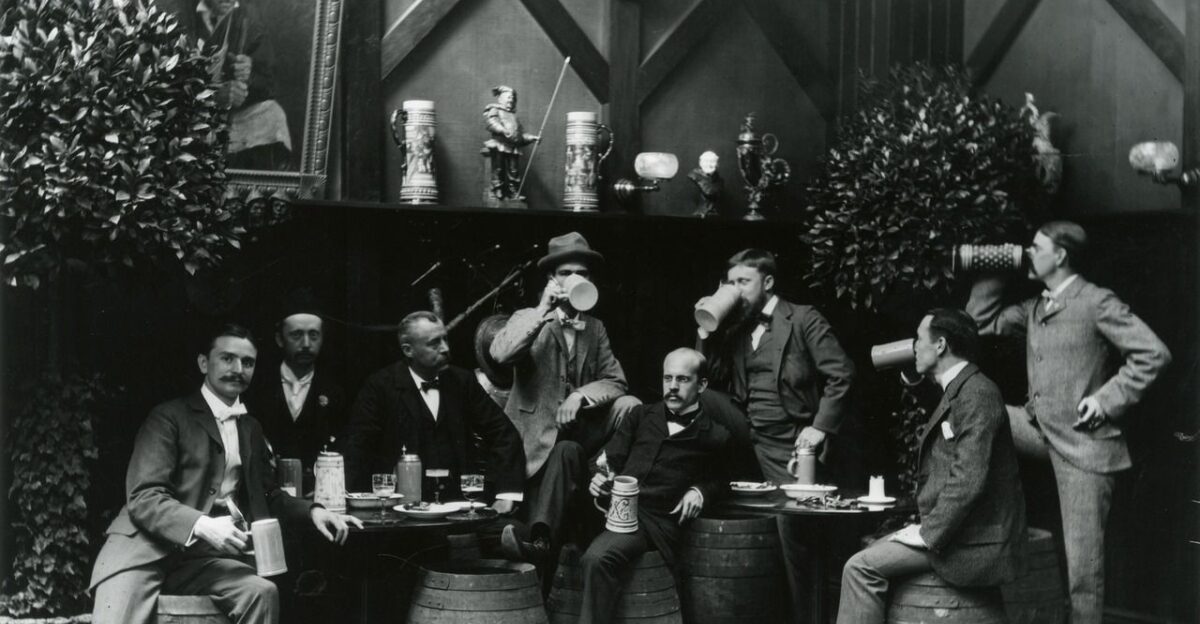
Similar economic slowdowns were brought on by previous spikes in immigration enforcement, such as the 2008–2010 period, in industries that depended on immigrants. Fear and uncertainty following enforcement escalations then resulted in decreased local spending, employee withdrawals, and economic anxiety.
These examples demonstrate how Modelo’s current predicament fits into a trend of market-resonating enforcement shockwaves. They highlight the ongoing danger that policy-driven fear will result in long-term, widespread economic harm that goes beyond immediate enforcement goals, impacting local economies and brand sales years after the initial raids.
Tariffs’ Contribution to Increasing Financial Stress
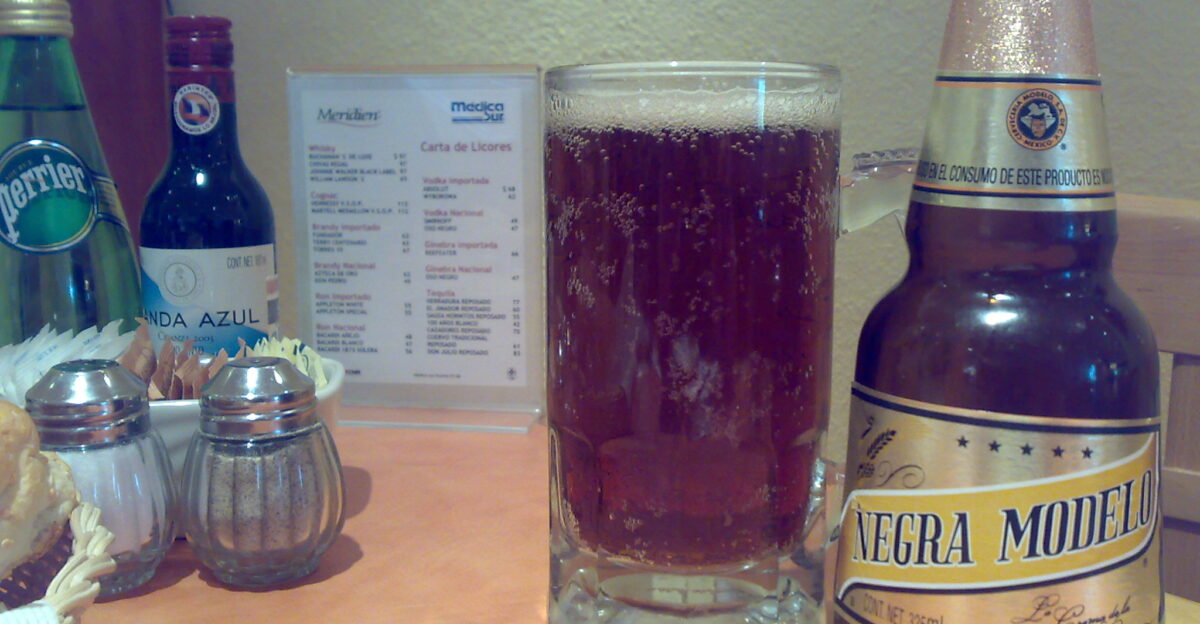
Modelo and other canned beverages’ packaging costs have gone up dramatically as a result of recent aluminum tariffs. At a time when sales were already dropping as a result of consumer layoffs brought on by ICE, the 50% tariff on imported aluminum severely reduced profit margins.
The financial strain is increased by the combination of trade policy and immigration enforcement, which forces businesses like Constellation Brands to raise prices or absorb higher costs, running the risk of worsening consumer backlash and further eroding brand competitiveness. The tariffs serve as an example of the intricate policy combination that is making Modelo’s market difficulties worse.
“Model of Cooling Consumption”

One new framework, the “Chilling Consumption Model,” describes how sociopolitical anxieties sparked by immigration enforcement affect economic behavior, especially among vulnerable populations. According to this model, consumption avoidance, such as avoiding stores, going on fewer social events, and reducing discretionary spending, is motivated by fear and results in a series of revenue losses.
The impact of this model is demonstrated by Modelo’s declining sales, as Hispanic consumers reduce their beer purchases associated with neighborhood gatherings. When predicting sales in impacted markets, the model advises companies to take sociopolitical factors into consideration in addition to economic ones.
Second-Order Impacts on Distribution and Retail

Retail and distribution networks in communities with a high immigrant population are impacted by Modelo’s declining sales. Significant declines in Hispanic customer visits are reported by distributors, liquor stores, and convenience stores, which is upsetting small business profits and employment.
Local economies that depend on immigrant consumers are affected by this downstream economic ripple, as lower sales reduce distributor volume and retailer inventory turnover. Thus, ICE enforcement indirectly destroys a whole ecosystem centered around Modelo products, highlighting the way that immigrant consumers’ fear spreads economic shocks throughout local business networks and supply chains.
Industry Reaction and Social Responsibility
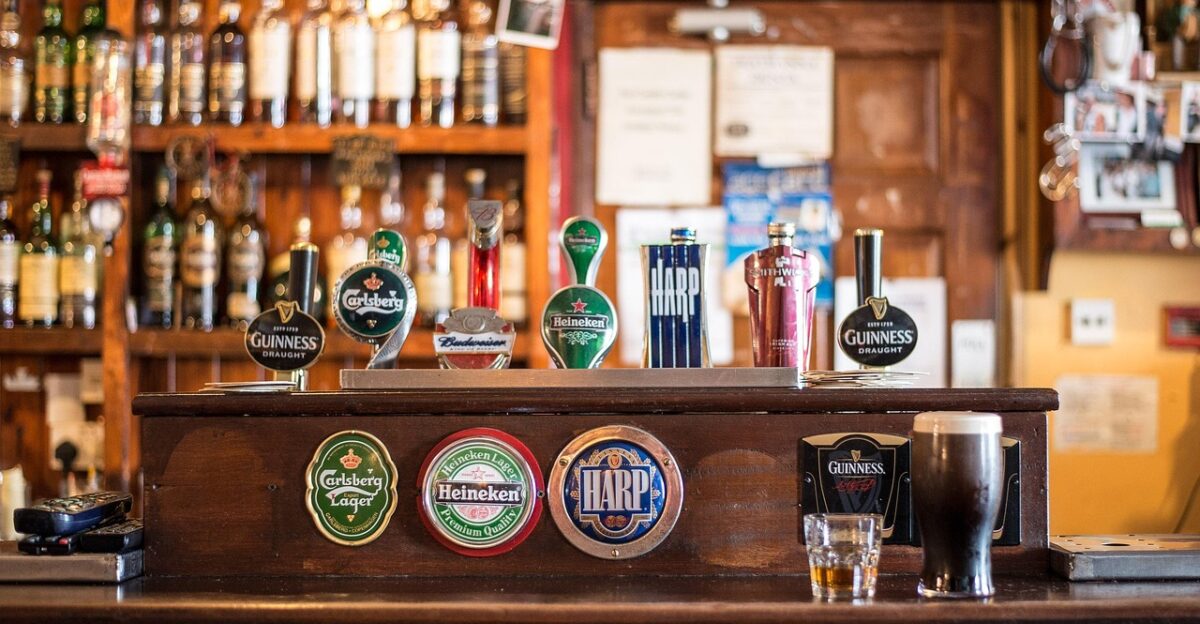
Leading alcoholic beverage manufacturers are becoming more aware of the social issues that their core clientele faces in the face of increased immigration enforcement. In order to lessen anxiety and uncertainty, brands and peers participate in public discussions about corporate social responsibility that emphasize community support.
An evolving industry strategy is reflected in corporate lobbying for humane policies, partnerships with immigrant advocacy groups, and investments in social programs. This response recognizes that, in an increasingly complex socio-political environment, building community trust is essential to brand viability beyond profit.
Extreme Case Studies: Texas and Los Angeles

Prominent ICE raids in Texas and Los Angeles provide striking examples of the severe, localized effects on Modelo sales. Public fear brought on by these raids has resulted in a general halt to social and commercial activity, including protests, fewer public meetings, and fewer shopping trips.
The abrupt decline in foot traffic and social gatherings in areas formerly thriving with Latino businesses directly results in lost sales and market share for Modelo. These extreme cases demonstrate the speed at which enforcement actions can destroy strategic brand markets and the vulnerability of consumer confidence in areas with a high concentration of immigrants.
The Economic Powerhouse Role of the Latino Market

Latino consumers are a vital economic force, accounting for nearly 20% of the US population and having $2.1 trillion in annual purchasing power. For the retail and beverage industries, including Modelo, their widespread withdrawal due to ICE enforcement concerns represents a significant economic setback.
The shifting spending patterns of this group, which are moving toward safer online options, are indicative of broader socioeconomic anxiety that affects a variety of product categories. With significant ramifications for markets and brands, the considerable extent of Latino withdrawal highlights the crucial connection between immigration policy and the health of the national economy.
The Relationship Between Cultural Consumption and Psychology

Latino cultural and social customs like get-togethers, holidays, and family get-togethers are closely linked to Modelo’s brand identity. These cultural consumption patterns are disturbed by ICE’s crackdown, which also creates economic anxiety.
Social occasions for Modelo beer consumption are directly reduced by the psychological effects of deportation anxiety, which undermine community confidence. This interaction between consumption and cultural identity highlights how powerfully sociopolitical factors affect brand engagement and emphasizes the necessity of tactful corporate and policy responses.
Prospects for the Future and Projecting Market Recovery

The future is still unclear; recovery depends on possible relaxation of immigration enforcement regulations and a return of consumer trust. According to analysts, persistent fear will keep Modelo’s core demographic’s consumption muted for longer, delaying the normalization of sales.
However, the gradual resumption of social activities and retail engagement may be triggered by effective policy reform and economic stimulus to immigrant communities. Over the medium term, Modelo’s market resilience will also be impacted by strategic corporate diversification and community investments.
In Conclusion

Due to widespread fear and uncertainty among its core Hispanic customer base, the ICE crackdown, tariffs, and other economic pressures have severely hurt Modelo’s sales. Enforcement policies can have complex socioeconomic ripple effects that go beyond immediate legal goals, as demonstrated by the $200 million hit to free cash flow and subsequent market decline.
The only way to restore stability, protect important markets, and promote better community relations, all of which are essential for long-term growth, is to combine balanced enforcement with inclusive economic policies and corporate social responsibility.